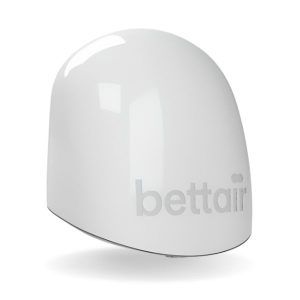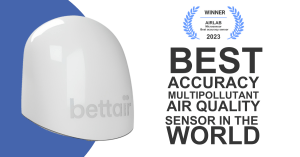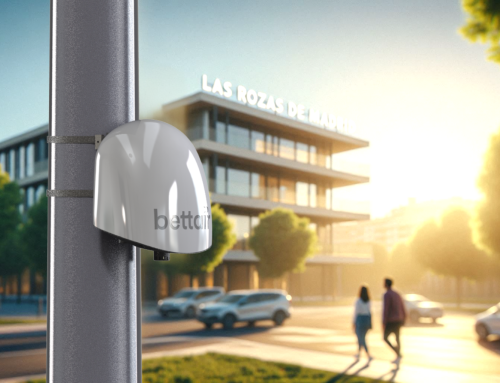The Gijón City Council takes a bold step for environmental health in schools. In partnership with dnota, they’ve launched an initiative to monitor air quality. This project will oversee air quality in city schools. Dnota brings extensive air quality management experience to the table. They will use their acclaimed bettair IoT sensors for this task. AIRLAB has recognized these sensors as the ‘world’s most accurate’. Their precision will be key in this important project.


Innovation and Health: Gijón and dnota Join Forces for Clean Air in the Classroom
The Gijón City Council is making strides in environmental health for schools. They’ve initiated a project to track air quality, collaborating with dnota. This initiative will assess air quality in local schools. Dnota will contribute their expertise in air quality measurement. Their bettair IoT sensors, awarded for accuracy by AIRLAB, will be used. These sensors are vital for the project’s success.
Consultancy and Site Selection
dnota’s consultancy team is key in choosing optimal sensor locations. They’ll advise on areas with high immission levels. City data and weather conditions will be considered. This ensures the data’s accuracy and relevance for the study.”
Technology in the Service of Education: bettair Sensors and their Role in School Environmental Health.
The bettair IoT sensors, the cornerstones of this operation, are capable of measuring a wide range of pollutants, including fine particulate matter (PM2.5 and PM10), nitrogen oxides (NO2), ozone (O3), as well as noise levels, providing accurate and reliable data. This information is crucial for developing effective strategies to improve air quality in school environments, benefiting not only students, but the entire educational community.
Prioritising Student Wellbeing: dnota and the Fight Against Pollution in the Classroom
The campaign, which will run for three months, aims to measure air quality and noise pollution levels at nine strategic locations, deliberately coinciding with schools. This meticulous choice of locations underlines the importance of ensuring a healthy environment for our children, minimising their exposure to harmful pollutants and excessive noise, factors that can significantly affect their well-being and academic performance.
Technology in the Service of Education: bettair Sensors and their Role in School Environmental Health.
The bettair IoT sensors, the cornerstones of this operation, are capable of measuring a wide range of pollutants, including fine particulate matter (PM2.5 and PM10), nitrogen oxides (NO2), ozone (O3), as well as noise levels, providing accurate and reliable data. This information is crucial for developing effective strategies to improve air quality in school environments, benefiting not only students, but the entire educational community.
Bettair, an Award-Winning Sensor
The Bettair technology has gained global recognition after being named by AIRLAB as the world’s most accurate air quality sensor. This award not only confirms the reliability and innovation behind Bettair but also underlines dnota’s commitment to providing environmental monitoring solutions that can be the basis for more effective public policies and a more informed and aware citizenry;
dnota – A Global Commitment to Air Quality
dnota, with a track record of signing agreements in more than 20 countries, including Greece, Turkey, Portugal, United Kingdom, France, Canada, Chile, Mexico, and recently EEUU, demonstrates its unwavering commitment to improving air quality globally; dnota’s bettair technology represents not only an innovation in air quality monitoring, but also a step towards a more sustainable and healthy future for cities and industries around the world;
About dnota
For more information on how dnota can help you control the air we breathe, visit our website, www.dnota.com and our social networks, where you can see all our products and services.
We also have our #videocorporate with the vision that note of how to control the air we breathe. dnota LinkedIn Twitter Youtube





